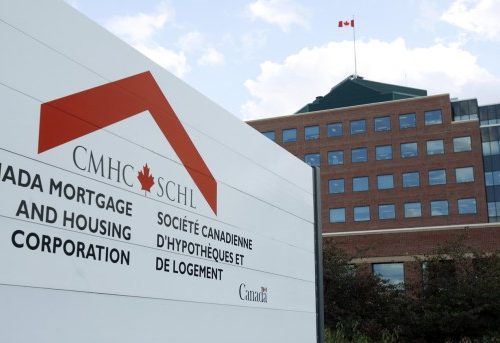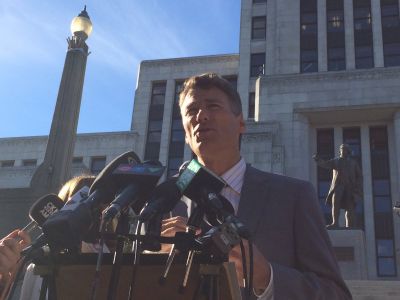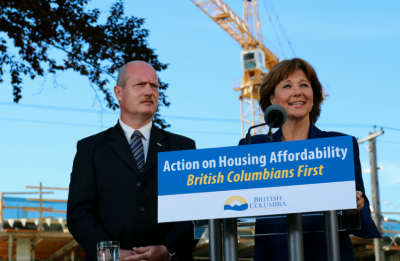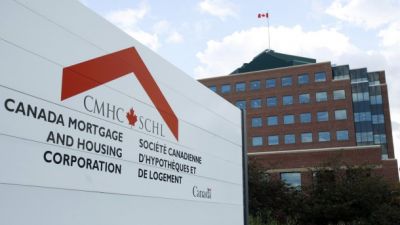News

Regulatory Changes That Impact the Vancouver Real Estate Market
February 3, 2017The Vancouver real estate market obviously does not operate in a vacuum. There are countless rules, regulations, laws and bylaws that influence our market place. In the past year or so, there have been significant changes to the regulatory environment that we operate in. To start off 2017, we thought that it might be helpful if we offered a quick recap of all the regulatory changes that impact owning real estate in the City of Vancouver.

City of Vancouver announces the Empty Home Tax
City of Vancouver
Empty Home Tax – A new program now in effect requires that all Vancouver home owners indicate if someone lives in each property that they own when filing their property taxes. A home that is left vacant will be taxed at 1% of the assessed value per year it is left vacant.
More info on the Empty Home Tax
Airbnb Enforcement – Although Airbnb rentals have been common, short-term rentals are not allowed in the City of Vancouver without a business license. Any rentals under 30 days requires a hotel or B+B business license. In practice, this bylaw has not been enforced. City staff have recommended to council that Airbnb be allowed in specific circumstances. Under the proposed new rules, Airbnb will only be allowed in a property where the owner resides. That means that you could rent out your extra bedroom, but you could not Airbnb your downtown condo, your basement suite or your laneway house.
More info on Airbnb Enforcement

Province of BC Announces First Time Buyer Loan
Province of British Columbia
Property Transfer Tax – In early 2016, the province established a new level for the PTT. Originally, the tax was implemented as 1% on the first $200,000 and 2% on the balance. The change added an additional level of a 3% tax that takes effect at $2,000,000 and above.
More info on the Property Transfer Tax
Foreign Buyer Tax – In the summer of 2016 the provincial government implemented a 15% tax on all buyers or residential real estate in Greater Vancouver that are not Canadian citizens. In January 2017, this tax was adjusted to exclude non-Canadians that have work permits.
More info on the Foreign Buyer Tax
BC Home Partnership – The BC government has offered an interest free and payment free 5 year loan to first-time buyers that qualify to help with their downpayment. The offer is up to 5% of the value of a property valued at up to $750,000 and so maxes out at $37,500.
More info on the BC Home Partnerhsip
New Construction – The Property Transfer Tax is no longer due on new construction that is valued up to $750,000 (with restrictions). The new home must be in BC and be your primary residence to qualify. The buyer would still need to pay the 5% GST, however.
More info on the New Construction Exemption

Federal Government Announces Mortgage Rule Tightening
Government of Canada
Mortgage Rule Tightening – Mortgage insurance is required for any buyer putting from 5% – 20% as a downpayment. With a downpayment of 20% or more, no mortgage insurance was required. A stress test was implemented to require a buyer to qualify at the posted rate, not just at the rate they negotiated (the posted rate is usually significantly higher than the negotiated rate). Another change was introduced to require a minimum of 10% downpayment (not the original 5%) on the portion of the homes value from $500,000 – $1,000,000 and that no mortgage insurance was available over $1,000,000 (effectively meaning that a buyer of a property over $1,000,000 must put at least 20% down).
More info on Mortgage Rule Tightening
Primary Residence Tax Reporting – Any financial gain on your primary residence is currently tax free and does not have to be reported as income. As of tax year 2016, the sale of your primary residence must be reported to the CRA (although capital gains tax continues to be waived).